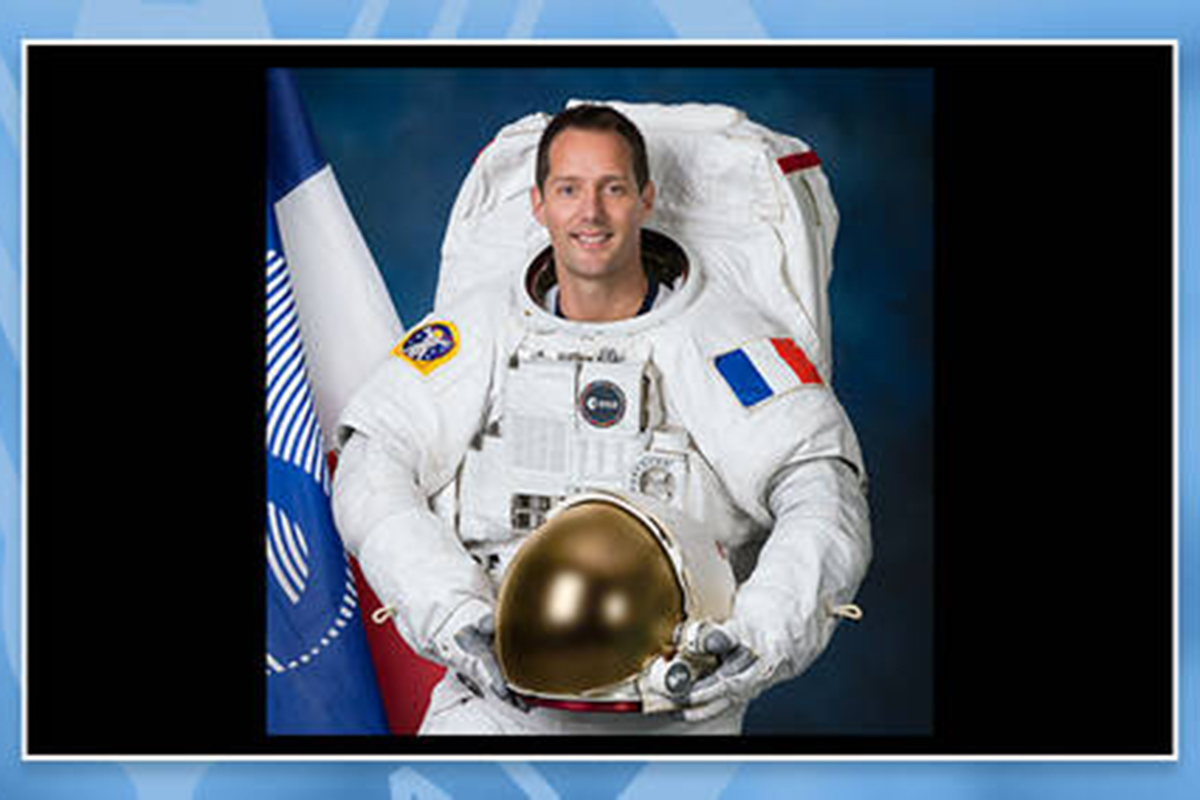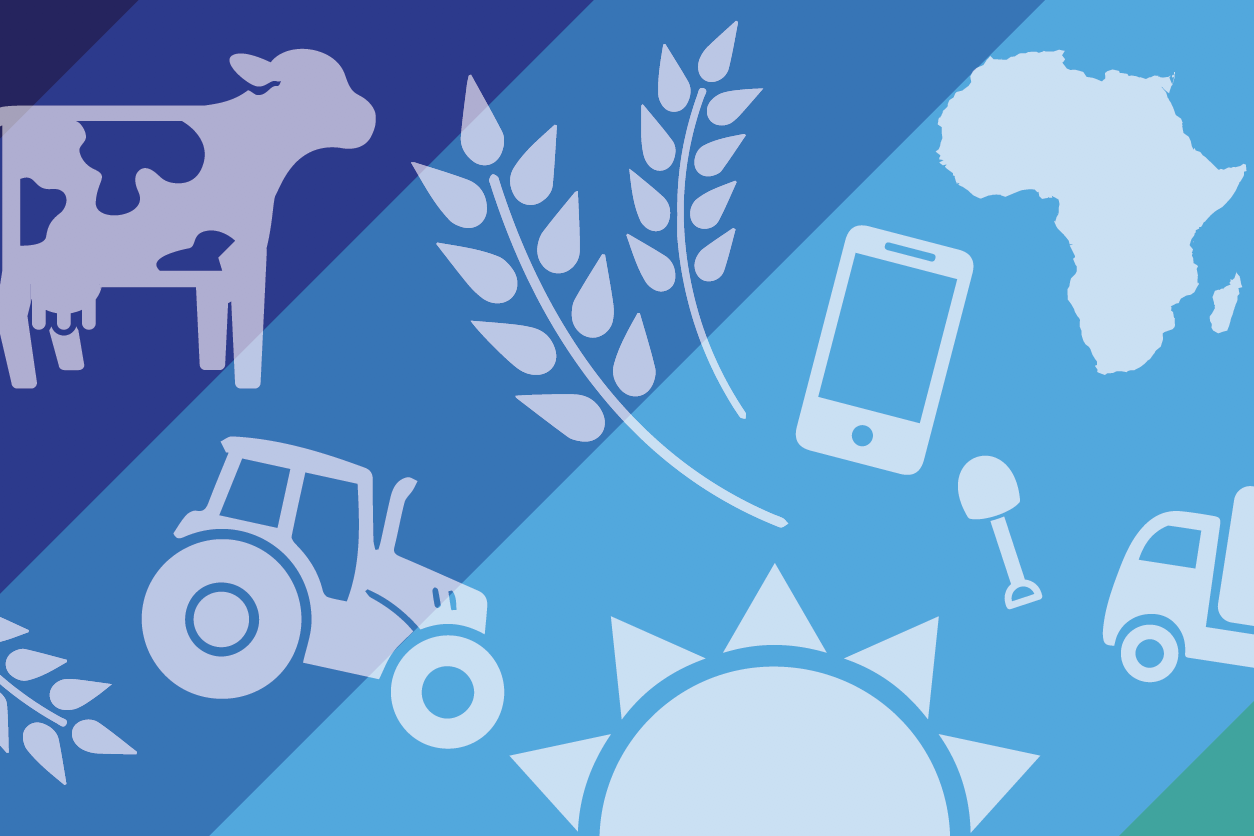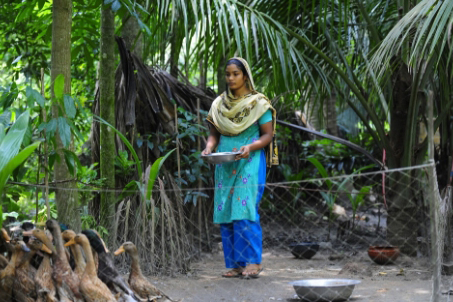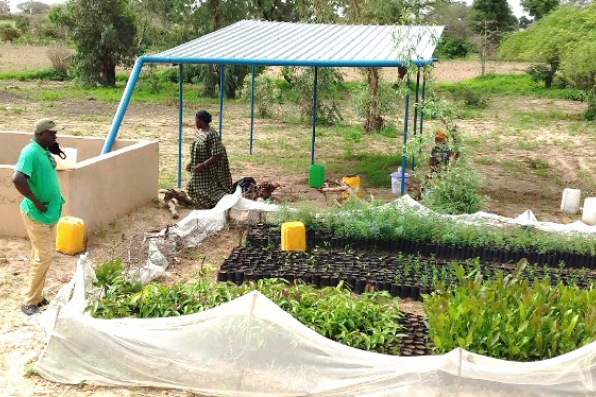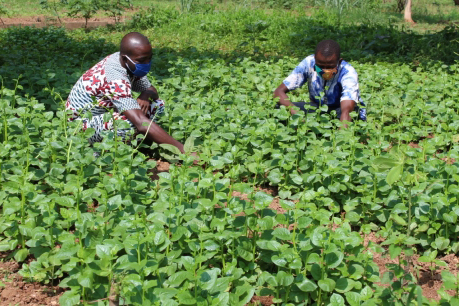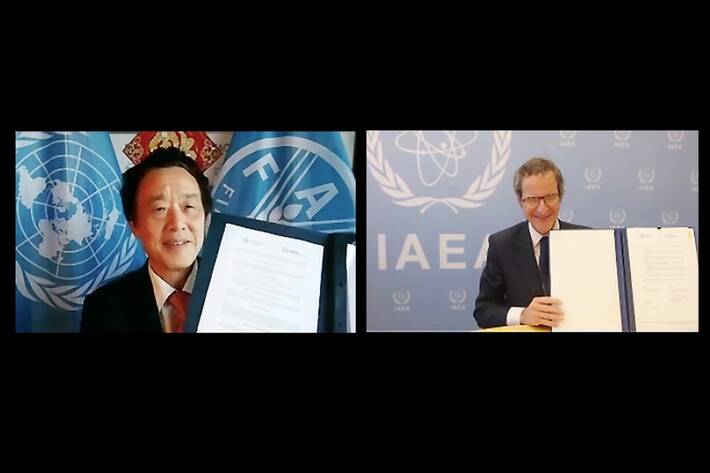Mountain women in Kyrgyzstan are working together with fashion designer Stella Jean to bring their traditional felt designs to the international market, thanks to a collaboration between the Mountain Partnership Products initiative, Topchu artisan group, FAO Women's Committee and Stella Jean.
FAO
European Space Agency Astronaut Thomas Pesquet has been designated Goodwill Ambassador for the Food and Agriculture Organization of the United Nations (FAO). As FAO Goodwill Ambassador, Thomas Pesquet will work to support FAO’s efforts to create a world free from hunger in a sustainable way.
European Space Agency astronaut Thomas Pesquet is named FAO Goodwill Ambassador on the observance of the International Day of Human Space Flight. Pesquet will help FAO raise awareness about the importance of transforming the world's agri-food systems, making them more resilient, inclusive, efficient, and sustainable to overcome the challenges of persisting and growing hunger, and preserving the planet's environment and biodiversity. FAO believes in the potential and contribution of space science and technology to end hunger.
The African agricultural and food market is expanding quickly, and regional integration is also gaining momentum. The Framework for Boosting Intra-African Trade in Agricultural Commodities and Services, jointly developed by the African Union (AU) and the FAO, represents a paradigm shift from “business as usual” and translates the commitments undertaken by the AU into tangible programmes and actions to expand trade within the African Continental Free Trade Area. This provides an opportunity to not only boost trade, but also enhance food security in Africa.
The health of animals, people, plants and the environment is interconnected. One Health is an integrated approach that recognizes this fundamental relationship and ensures that specialists in multiple sectors work together to tackle health threats to animals, humans, plants and the environment. The global impact and response to the COVID-19 pandemic, a human health crisis caused by a virus passed from animals, highlights the need for coordinated action across sectors to protect health and prevent disruption to food systems. FAO promotes One Health in work on food security, sustainable agriculture, food safety, antimicrobial resistance (AMR), nutrition, animal and plant health, fisheries, and livelihoods.
Last September in Senegal, more rain fell in a single day than in the usual 3-month rainy season. Intense rain in shorter periods of time followed by a longer dry season are the effects of climate change and ultimately result in either too much or too little water for the farmers who rely on it for their survival. Close to 90 percent of farming households in Senegal practice rain-fed agriculture. An FAO project is working to introduce both rainwater harvesting systems and innovative water management techniques that build on traditional methods.
The International Year of Fruits and Vegetables 2021 is a unique opportunity to raise awareness on the important role of fruits and vegetables in nutrition, food security and human and planetary health. It also aims to reduce food loss and waste and promote sustainability and safety of the fruits and vegetables value chain. #iyfv2021
Restoring forests helps build a healthier world for ourselves and for future generations. By replanting and managing forests sustainably, we can help preserve our planet’s biodiversity and combat climate change while fostering economic activity that creates jobs and improves lives. As we enter the UN Decade on Ecosystem Restoration (2021-2030), join us in celebrating the International Day of Forests on 21 March.
FAO’s Junior Farmer Field and Life Schools (JFFLS) programme provides agricultural and entrepreneurial training for young people in rural areas. These JFFLS programmes have been implemented in many countries around the world, focusing on providing vulnerable youth, especially in crisis and post-conflict contexts, with practical and commercial farming skills. Emmanuel was invited to take part in the training by an FAO Youth Coordinator. He was part of the first group of young people in CAR to go through the training, which took place in Boali, 95 kilometres away from Bangui.
For more than 57 years, the partnership between the Food and Agriculture Organization of the United Nations (FAO) and IAEA has contributed to addressing global challenges, including food insecurity, climate change, animal/zoonotic diseases and, most recently, the COVID-19 pandemic. The IAEA and FAO signed a revised arrangement, which upgrades their partnership and expands the horizons of their work.
In the area of Bamyan in central Afghanistan, whilst men do most of the farming, it is the women who take care of livestock. It tends to be a solitary activity, however, and women working together as a community, is uncommon in Afghanistan. The Household Food and Livelihood Security project funded by the Swiss Development Cooperation, aims to change this, bringing women together, boosting their knowledge and raising incomes not just for their own households, but for their whole community. The women livestock keepers participate and form bonds in group meetings, where they can exchange their views, share experiences and learn new techniques as well as keep in contact with their relatives or loved ones.
Oceans are an essential part of our planet. They provide us with food to eat and keep our atmosphere healthy. Without the oceans, we simply wouldn’t exist. But climate change means that ocean temperatures are increasing, icebergs are melting, and sea levels are rising. We need action to reverse these trends, and raising awareness is the first step. To do so, FAO hosted an online discussion titled Talking Oceans and Climate Change.
We see them at the grocery store, the farmer’s market and as side orders served with our favourite dish. In many countries, they are part of the cultural heritage and are consumed on a regular or even daily basis.
Experimental cultivation of water lily in the Senegal River delta is one of the RESSOURCE Project flagship initiatives. This engaging nature-friendly activity benefits and involves the local communities, such as rice-farmers, cooperatives of women and restaurant owners.

